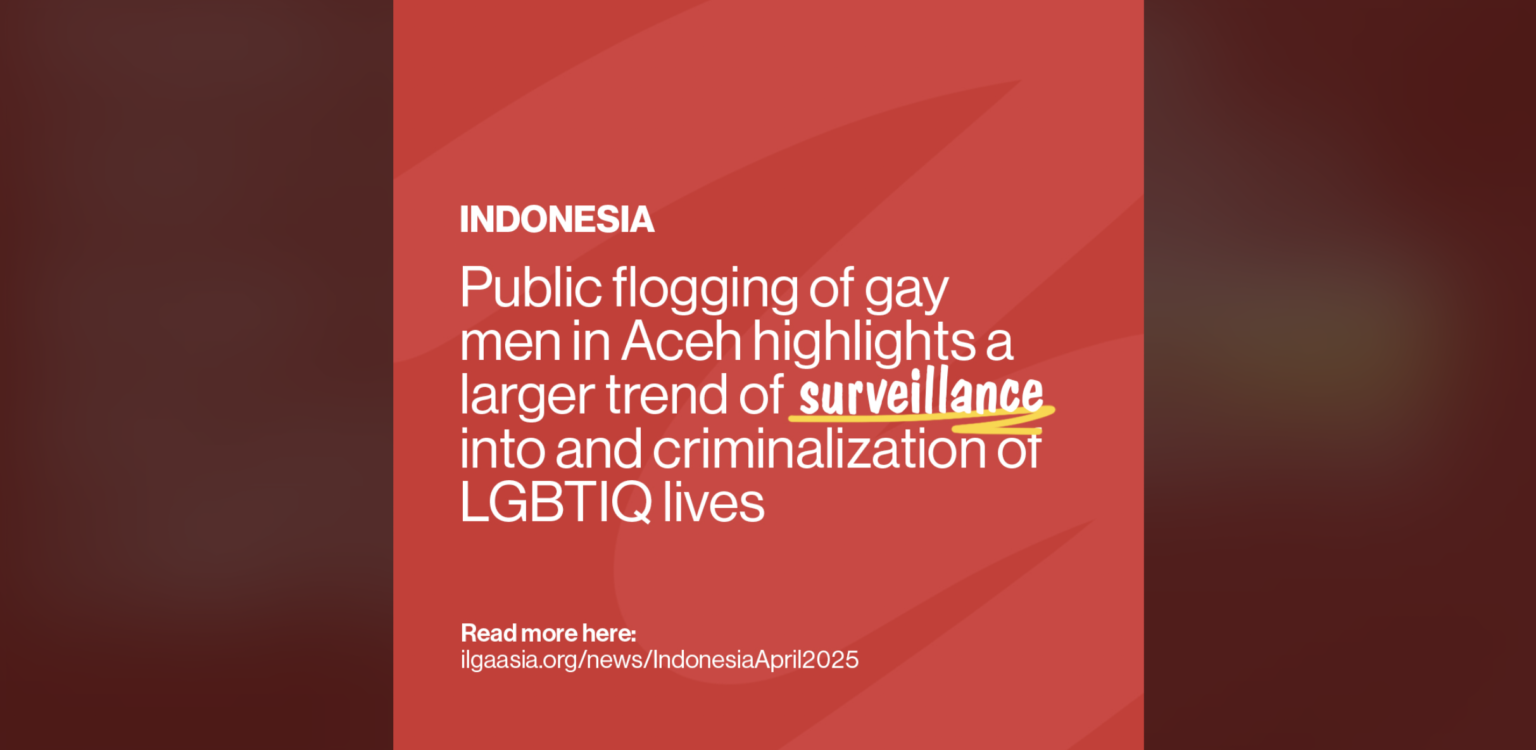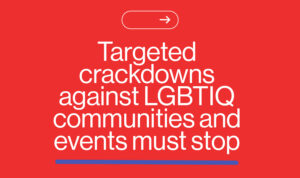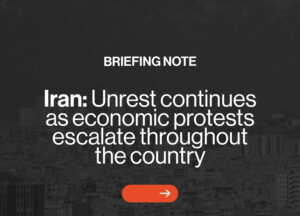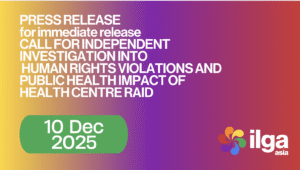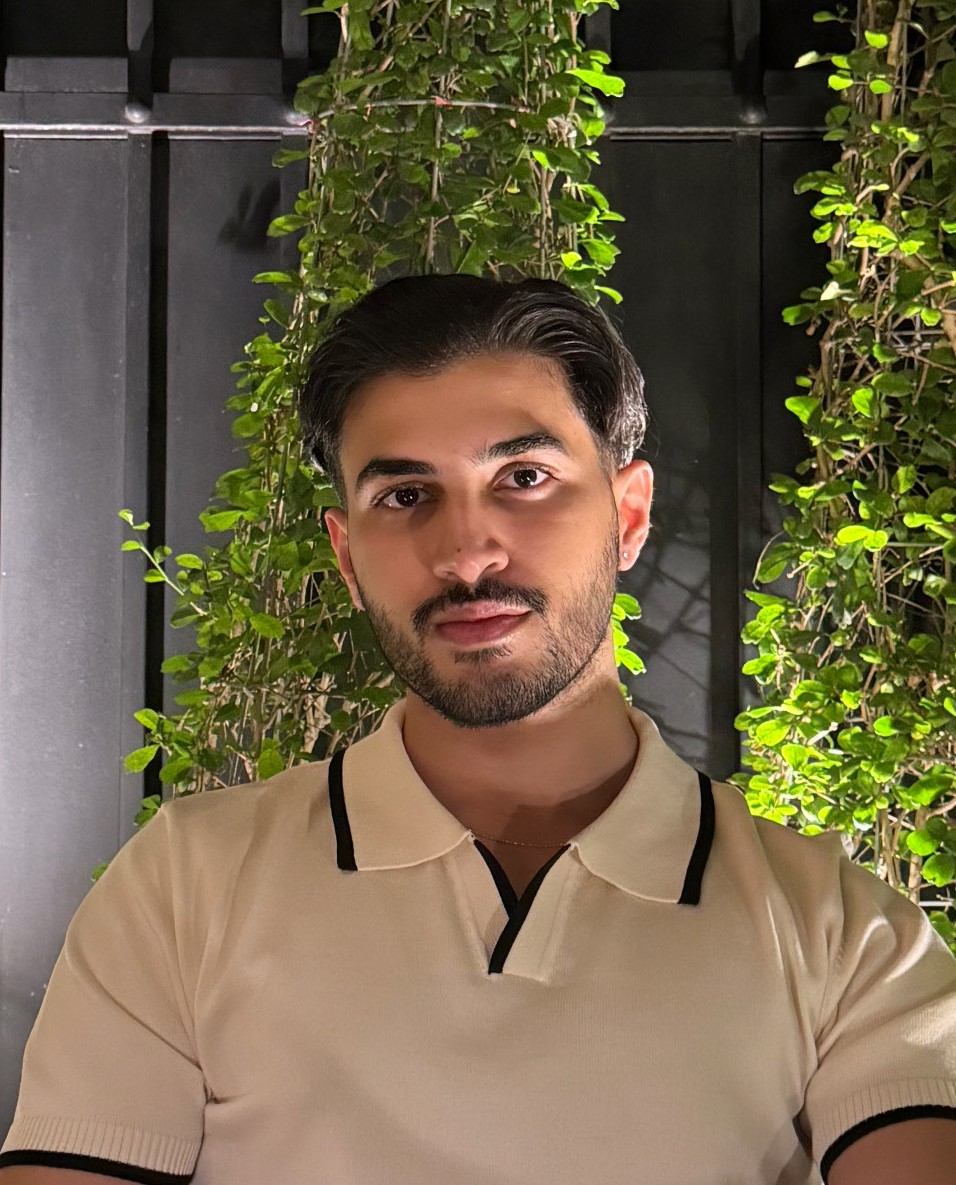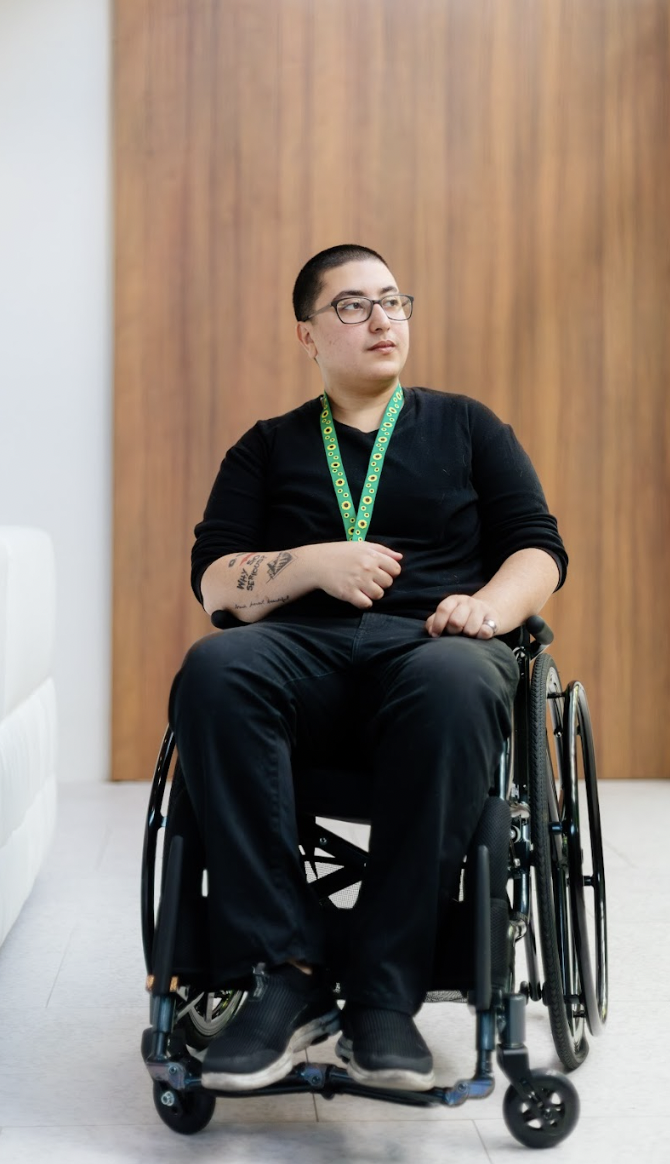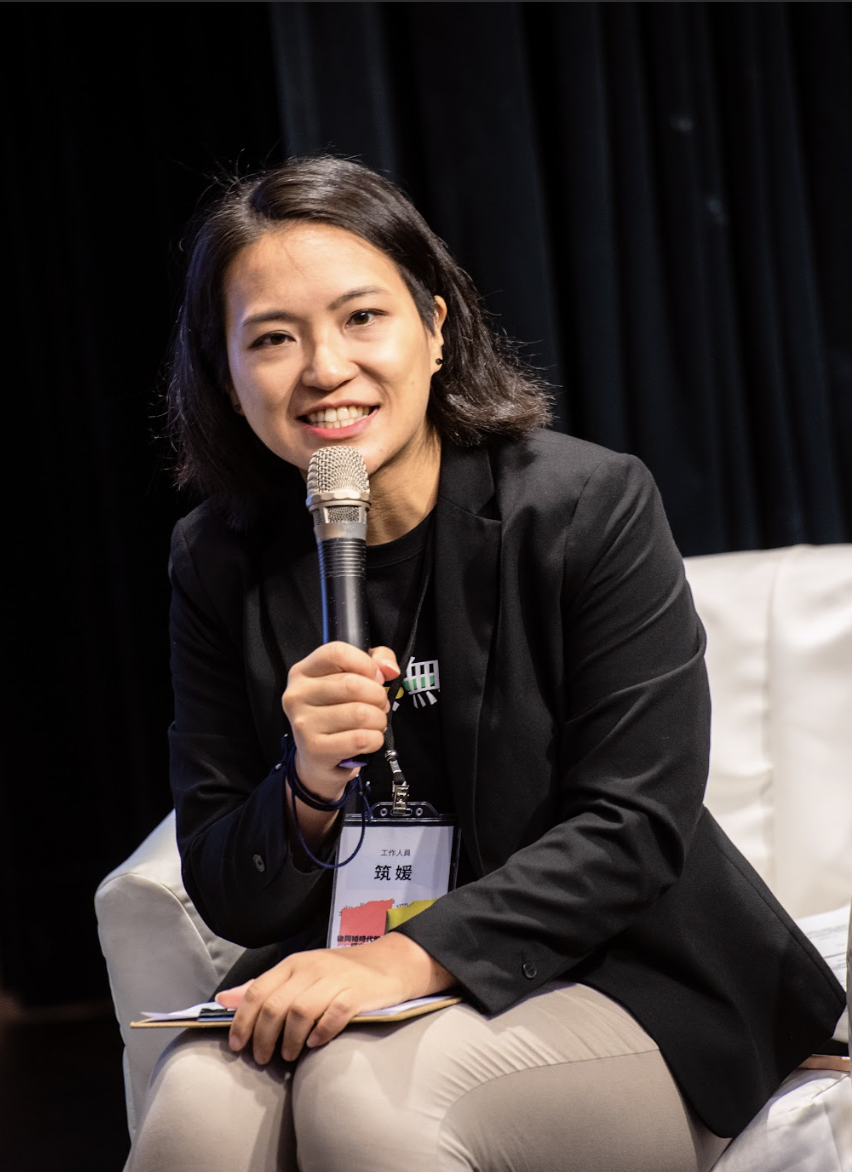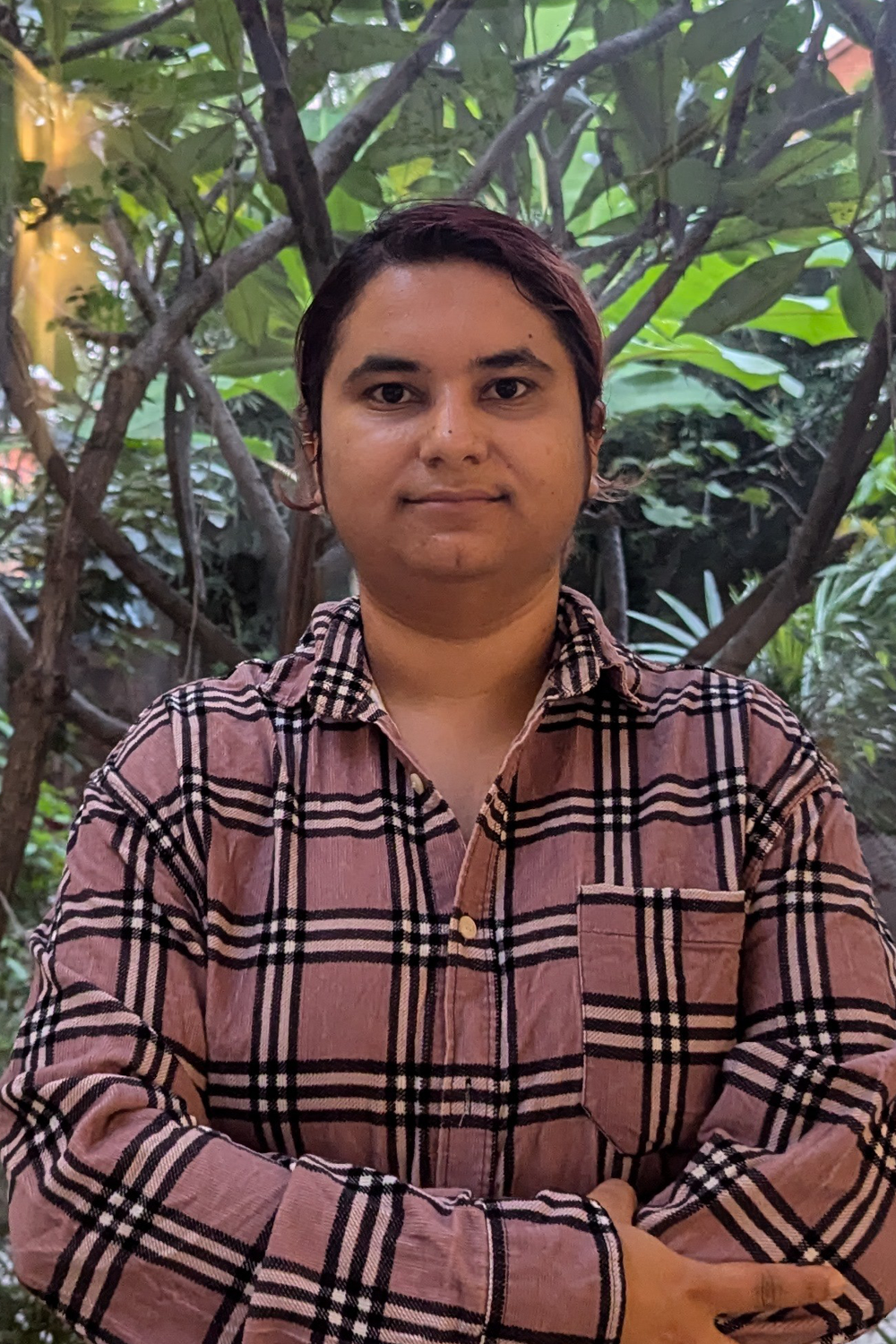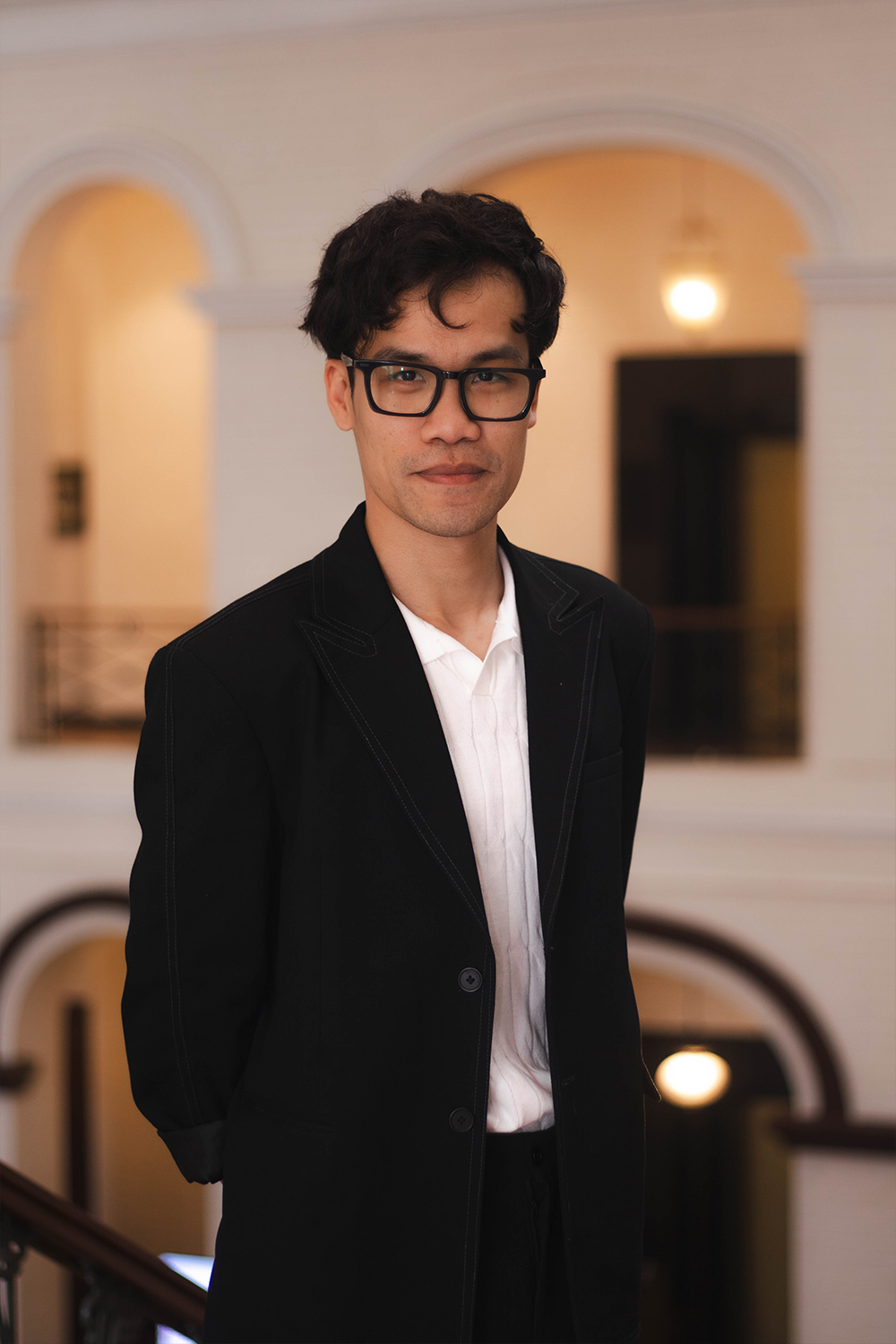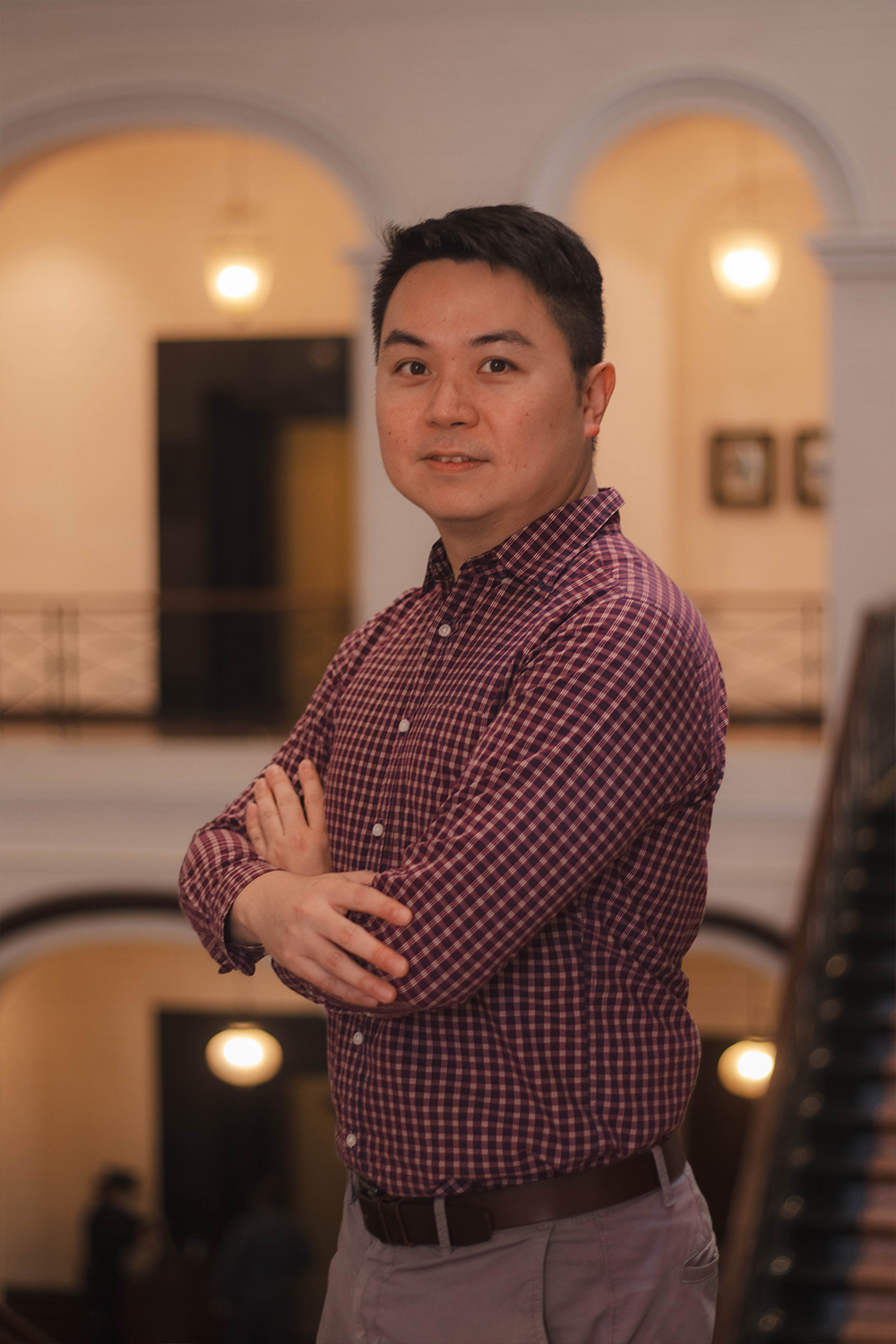On 24 February 2025, two university students in Banda Aceh were publicly flogged after being found in violation of Sharia law for engaging in consensual same-sex sex acts. The men, aged 18 and 24, were apprehended on 7 November 2024 when local residents forced their way into the rented room they were using. They were charged under Article 63(1) of Aceh’s Qanun No. 6 of 2014 on the Jinayat Code, which criminalizes same-sex relationships and were sentenced to 77 and 82 lashes each, the elder receiving a heavier sentence for having rented the room. The punishment was carried out in the regional government hall by Islamic officials in public view.
No one should ever be subject to cruel and degrading corporal punishment like public flogging, or criminal prosecution for private and consensual same-sex acts. Such acts of violence and discrimination are direct affronts to human dignity and personhood. This is the fourth time this law has been invoked to publicly punish same-sex relationships in Aceh since the secular central government allowed Aceh to autonomously implement Sharia law within the province in 2006. The Qanun is a set of local laws governing the Aceh province, which integrates Islamic Sharia principles into governance and societal norms, including criminalization of same-sex relationships.
This case raises concern regarding an alarming uptick of surveillance into queer lives and bodies and breaches of privacy in Indonesia. The Sharia Police on 4 February 2025 raided a house and arrested four men after a tip-off from locals. In their efforts to monitor “LGBTI activities”, locals also raided a rented room in Banda Aceh and turned over a transwoman and a man over to Sharia police for investigation. There have also been reports of multiple raids in beauty salons and other businesses where transwomen make a living. Even in Jakarta, where Sharia law is not applied and homosexuality is not explicitly criminalized, the police raided a gay house party and arrested 56 men under pornography laws. With low social acceptance of diverse sexual orientations, gender identities, and expression, private individuals often volunteer information to authorities to investigate their neighbors, acquaintances, family and passersby perceived to be LGBTIQ.
While engaging in consensual same-sex sex acts is not directly criminalized under the Indonesian penal code, laws related to public decency and criminalizing sex trade have been repeatedly invoked to target LGBTIQ people in Indonesia. The increase in persecution of LGBTIQ persons in Indonesia is alarming, particularly given the introduction of the new criminal code, which comes into force in January 2026. The provisions penalizing premarital sex, obscene behaviour, and pornography can be leveraged against LGBTIQ people on the grounds that they “violate norms of decency in the community”, imposing harsher penalties than the current law. The rule of law and democracy in Indonesia are also brought into question, considering recent amendments to the military law.
“What happened in Aceh sets an ominous precedent that extends beyond human rights violations. The public flogging of two young men is not merely an act of cruelty; it is a calculated, state-sanctioned message that some lives are disposable and that their dignity is worth less. When violence is performed in public and cloaked in law, it doesn’t just punish—it instructs. It signals to society that hate is acceptable, that surveillance is justified, and that dignity is negotiable. This is how nationalism corrodes democracy: by turning punishment into spectacle, and moral panic into public policy.
The Indonesian government must not look away. It has a responsibility to override provincial laws that breach constitutional protections and violate international human rights norms. ASEAN, too, must respond with moral clarity—this cannot be normalized. To stay silent in the face of such brutality is to be complicit in its spread. We call on the global community to hold accountable those who weaponize the law against dignity and humanity. The regression of human rights anywhere dismantles the very foundation of sustainable development, peace, and justice everywhere.
This is about more than one law in one province—it is about a growing comfort with cruelty, masquerading as tradition. Across Asia, we are witnessing fear being codified, and privacy being punished. If we are to speak of progress, we must be willing to defend it—loudly, collectively, and without compromise.“ Henry Koh, Executive Director at ILGA Asia.
ILGA Asia unequivocally condemns the gross breach of privacy suffered by the two men and the cruel and degrading punishment levied on them. ILGA Asia also raises grave concern regarding the weaponization of religious and morality laws to apprehend LGBTIQ individuals and carry out undue surveillance into their lives and bodies. We urge the provincial government of Aceh to strike down all forms of corporal punishment and repeal the criminalization of consensual same-sex sex acts and relationships in the Aceh province. We further urge the government of Indonesia to protect the LGBTIQ community from discrimination, surveillance, violence, and persecution. The law should not be interpreted and instrumentalized to exclude and criminalize LGBTIQ persons and communities, but to ensure the greatest enjoyment of human rights and a dignified life to all individuals regardless of their sexual orientation, gender identity and expression, or sex characteristics.
